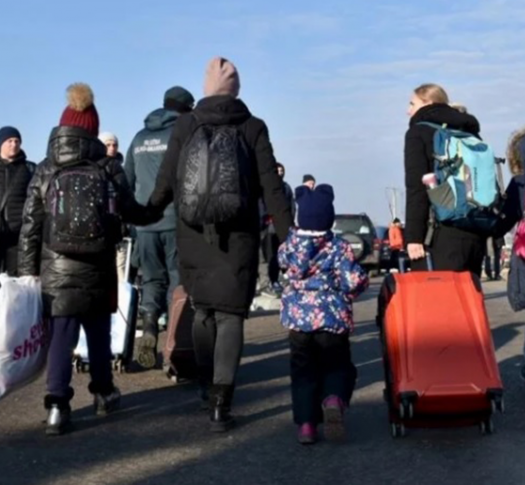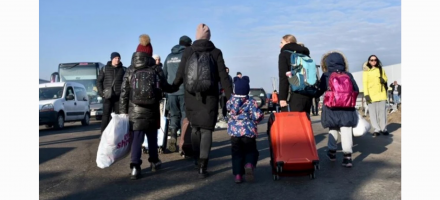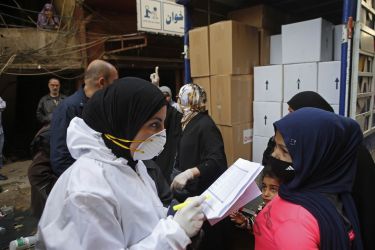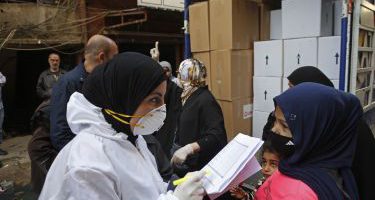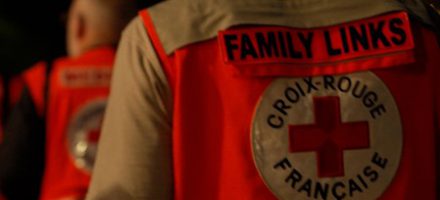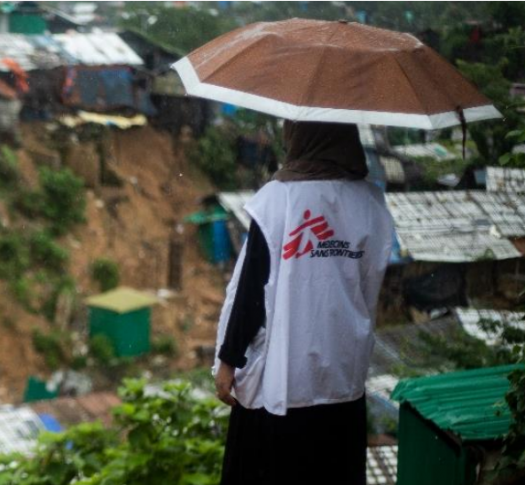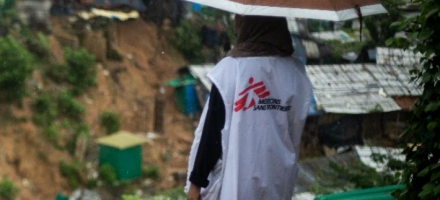Development Campaign
This year was marked by the war in Ukraine, more than 7 million of ukrainian are fleeing accross Europe. In neighbouring countries, NGO are mobilised and are actively acting to provide a decent welcoming. This european news reminded us that everywhere in the world, people were in a critical situation and needed humanitarian aid.
Together, we can help refugees !
The Rescue & Recover Fund support concrete actions done by the NGO Doctors Without Borders, the Red Cross and CARE. Thanks to your generosity, we can act to help refugees and provide them support and care.



